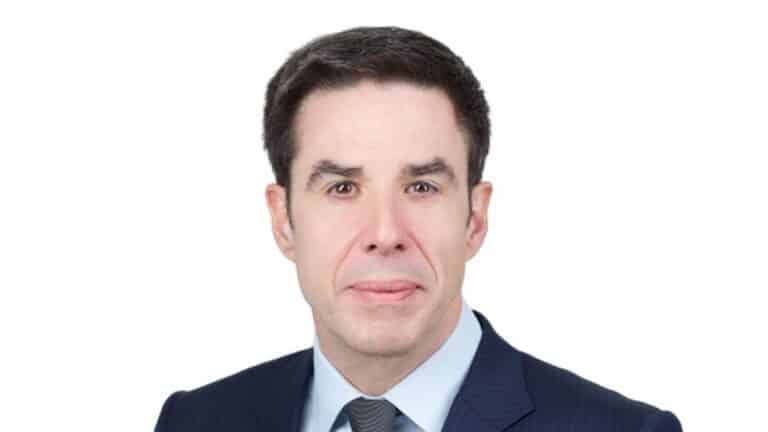This website uses cookies as well as similar tools and technologies to understand visitors’ experiences. By continuing to use this website, you consent to Columbia University’s usage of cookies and similar technologies, in accordance with the Columbia University Website Cookie Notice.
The shift away from oil and gas looks increasingly more expensive and further out.
More News
Why Energy Transition Discourse Needs A Dose Of Realism
There is growing, even if reluctant, consensus among many experts that market chatter on the energy transition could benefit from a heavy dose of realism.
No. 1022: On bartenders, blue jeans and some badly needed senior rentals, plus Santa before Santa was cool
Holiday rush: Better get cracking, intrepid innovators! The first workweek of December is wrapping up, leaving only 20 more days until Christmas – 19 shopping days, if you want...
Relevant
Publications
Making Sense of the World Energy Outlook
The energy transition is not inevitable—but neither is business as usual.

Q&A: How the US Is Using Equity Stakes to Support Domestic Critical Minerals Development
The Trump administration is increasingly using equity investments as a tool of industrial policy to support domestic critical minerals supply chains.

Six Key Issues That Defined Climate Week 2025
CGEP scholars reflect on some of the standout issues of the day during this year's Climate Week



